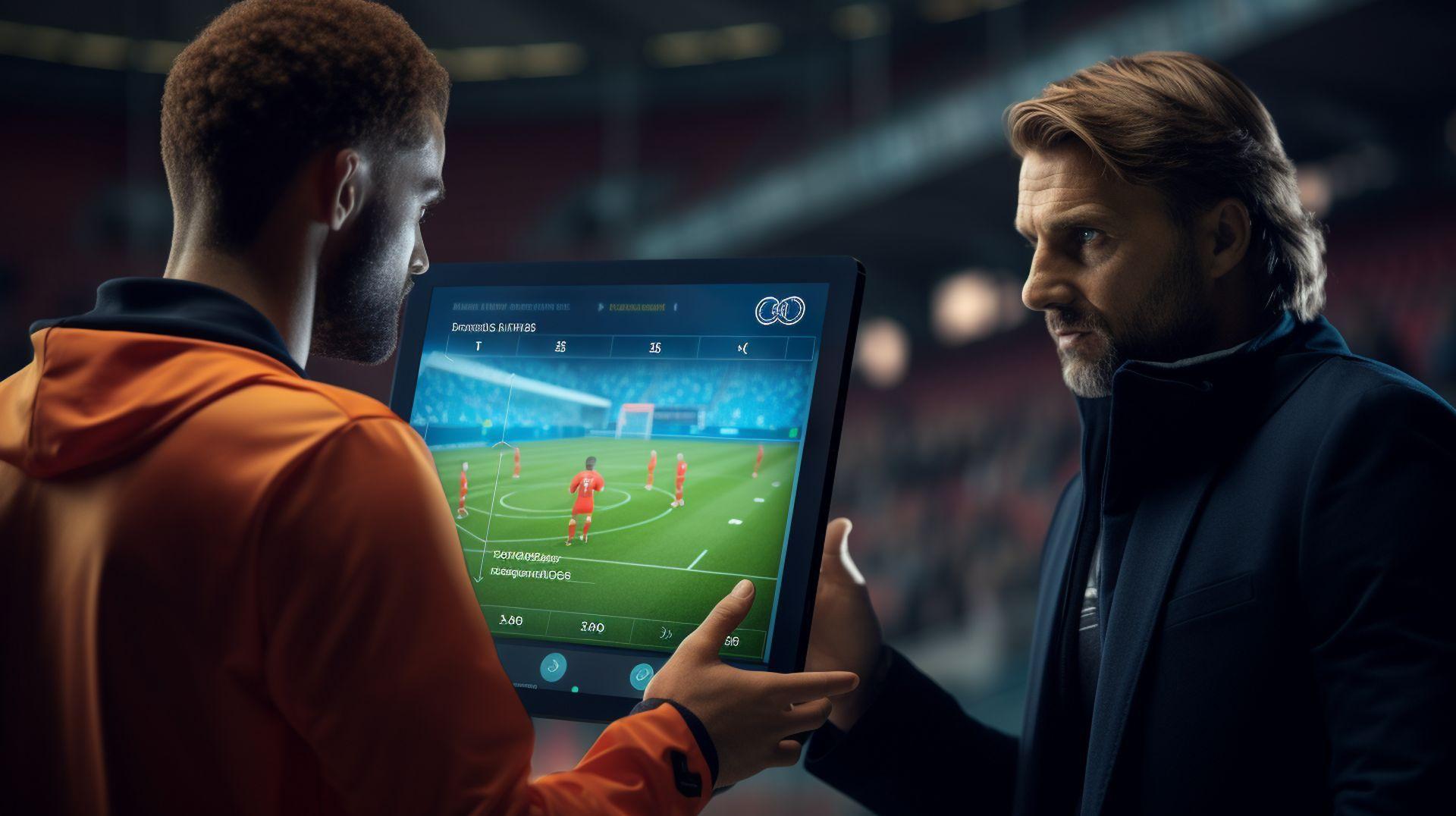- Quick take: Aldo Comi, CEO of Soccerment, suggests that AI could not only replace linesmen but possibly human referees altogether in football within a few decades, all while serving as high-quality support for coaching and game strategy.
- Core insight: The role of AI in football is poised to grow exponentially, from officiating to tactical decision-making, empowered by an ever-increasing wealth of high-quality data and more effective computer vision technologies.
- What’s next: As AI models become increasingly sophisticated, they could be directly integrated into the decision-making processes of clubs and officiating bodies, changing the way the sport is both played and governed. Trust in AI’s capabilities will be pivotal in this transformation.
In the opinion of an industry veteran, the whistle-blowing, red-card-wielding human referees might be passing the baton to their robotic counterparts within the next few decades. “Artificial intelligence is already prominent in officiating, with the use of VAR and goalline technology,” and its role is poised for significant expansion.
Data deluge
Thanks to a burgeoning repository of high-fidelity data, we could witness matches that are entirely overseen by AI systems. This digital revolution could make the on-field human referee an element of nostalgia rather than necessity.
“Computer vision will be more and more effective in the next few years and the number of cameras on the pitch will only increase,” notes Aldo Comi, the CEO of Soccerment, a top-tier global football analytics firm, in a conversation with the PA news agency.
“The amount of data that is tagged and the quality of the models that are trained with that data will increase exponentially and thanks to that you will have AI models that can make refereeing decisions on the back of what they see on the pitch. So we might get to the point where we don’t need a referee at all,” he stated.

“Before that, you will maybe have a referee but not linesmen, maybe they will be the first to disappear from the game. And you will have the referee connected to the virtual assistant, guiding them to make better decisions. Ultimately in a matter of 20 or 30 years probably the referee will be just an AI. I am not saying this is positive, I’m just saying it is likely to happen,” he added.
Beyond refereeing
The growth of artificial intelligence and machine learning in soccer extends far beyond just refereeing roles; these technologies are already making their mark on the sport.
Clubs such as Brighton and Brentford have successfully challenged traditional Premier League power dynamics by leveraging data analytics to discover and acquire standout talent, later selling them for hefty profits.
As data becomes increasingly integrated into the sport, it’s plausible that managers may soon rely on virtual assistants for help with lineups and game strategies.
“AI can become a source of new ways of thinking about the game in the next few years,” Comi said.
“If you give AI enough high-quality data, you will have the possibility to have a virtual assistant, which will have a better understanding of what is going on the pitch. By having the data analysed by
AI you can train models to better understand what will happen in the future, for example understanding the probabilities of what is happening in the next five or 10 minutes. By having this predictive analytics, the AI can give you a so-called prescriptive analytics. It says, things are expected to go this way, in order to improve your chances I have 10 ideas” he added.

“That could be swapping two players or changing the structure of the team. The things that the AI suggests will be filtered by the assistant coach and then pass on the information to the manager and it will be up to him to accept. There will be AI, but not replacing professionals, but it is more of a high-quality support. The clubs that can get this sport will outperform the ones that refrain from having it.”
Trust factor
Comi, who is a key player in a firm that collaborates with multiple Serie A and Serie B teams, asserts that the public will need to build faith in AI technologies. However, he points out that the proof of AI’s efficacy in soccer isn’t a futuristic concept—it’s already visible in the here and now.
“It will take time to trust, but in the same way with data analytics, there are enough positive cases to say that you can out-perform the others, we have seen it with Brentford and Brighton. The advantage that AI can give you is X times more important than data analytics,” he stated.
Featured image credit: Kerem Gülen/Midjourney






